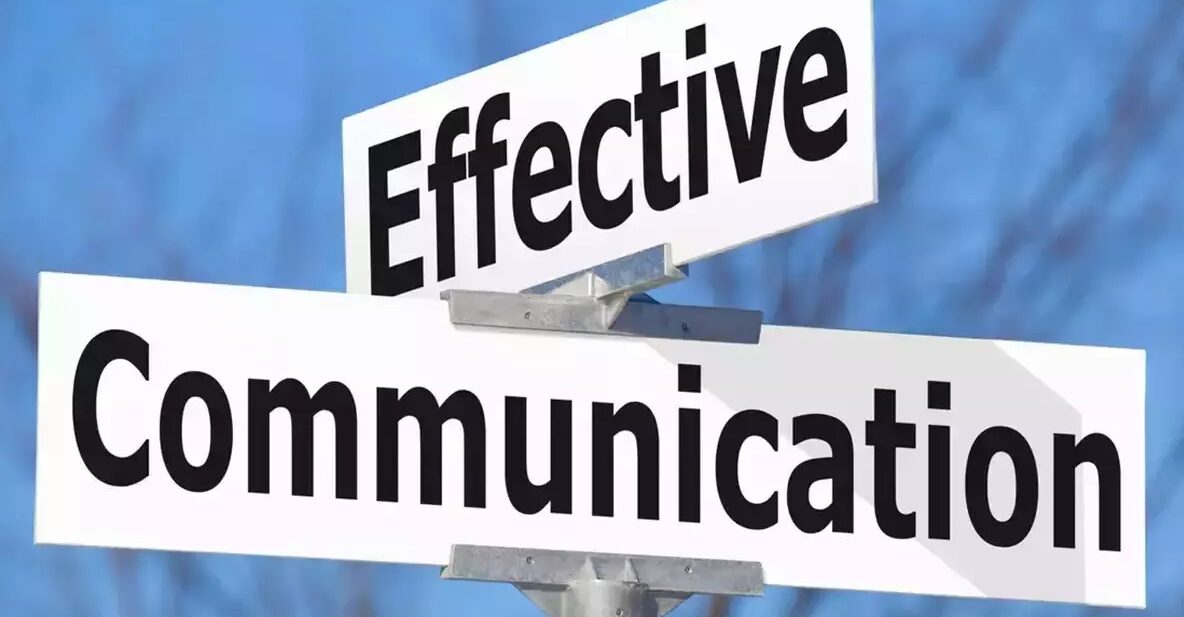Apply the T.A.R.E.S method to your PR and marketing materials
Your conversations must be ethical.
When you employ a public relations firm, you are putting your trust in its members to make ethical decisions and utilize best practices throughout all stages of communication with your audiences. Persuasive communication techniques seek to alter your audience’s awareness, attitude, or behavior. When attempting to persuade someone to attend, purchase, visit, follow, or donate, use the T.A.R.E.S. test or the duty-based method to assure ethical best practices.
T.A.R.E.S. test
T.A.R.E.S. is an acronym that will help you recall each of the five areas to think about before sharing persuasive content and marketing materials with consumers. A firm knowledge of the difference between means and objectives is the foundation of ethical persuasion. T.A.R.E.S. is a five-part test of prima facie duties, which we accept as correct unless shown otherwise. This test is promoted by the Public Relations Society of America (PRSA), the industry’s main trade body.
Read through the material you’re working on and consider the following:
- Authenticity
- Is the communication precise?
- Does it persuade others to believe what I do not believe?
- Genuineness
- Is this behavior a betrayal of my integrity or my personal beliefs?
- Respect
- Is the message intended to persuade rational, self-determining people?
- Equity
- Is it possible that I am doing to others what I would not want them to do to me or someone I care about?
Social accountability
- Is this activity taking responsibility for promoting and creating the kind of society and world in which I want to live with my loved ones?
Keep track of your responses to the questions above and determine how your materials are rated.






